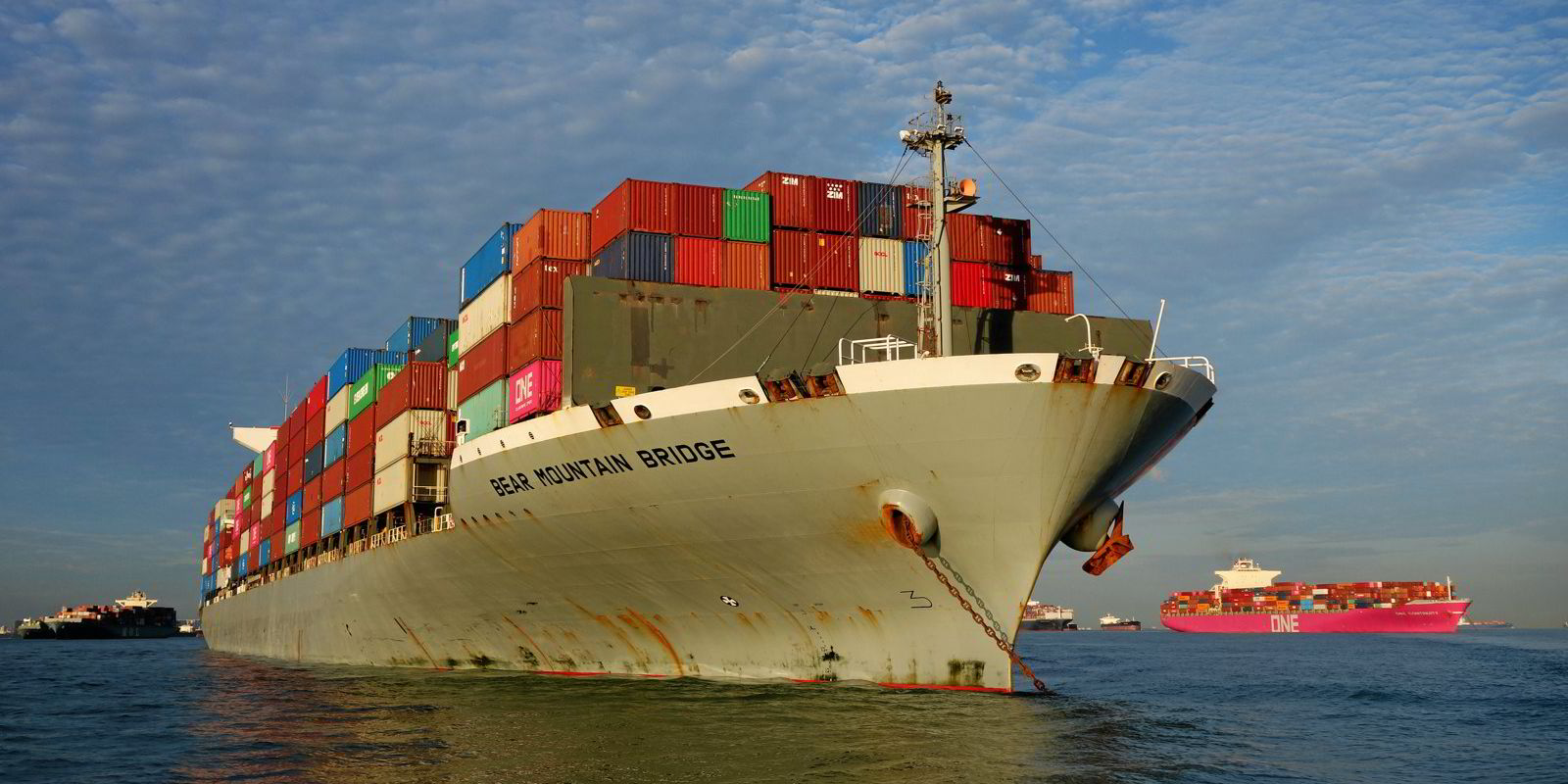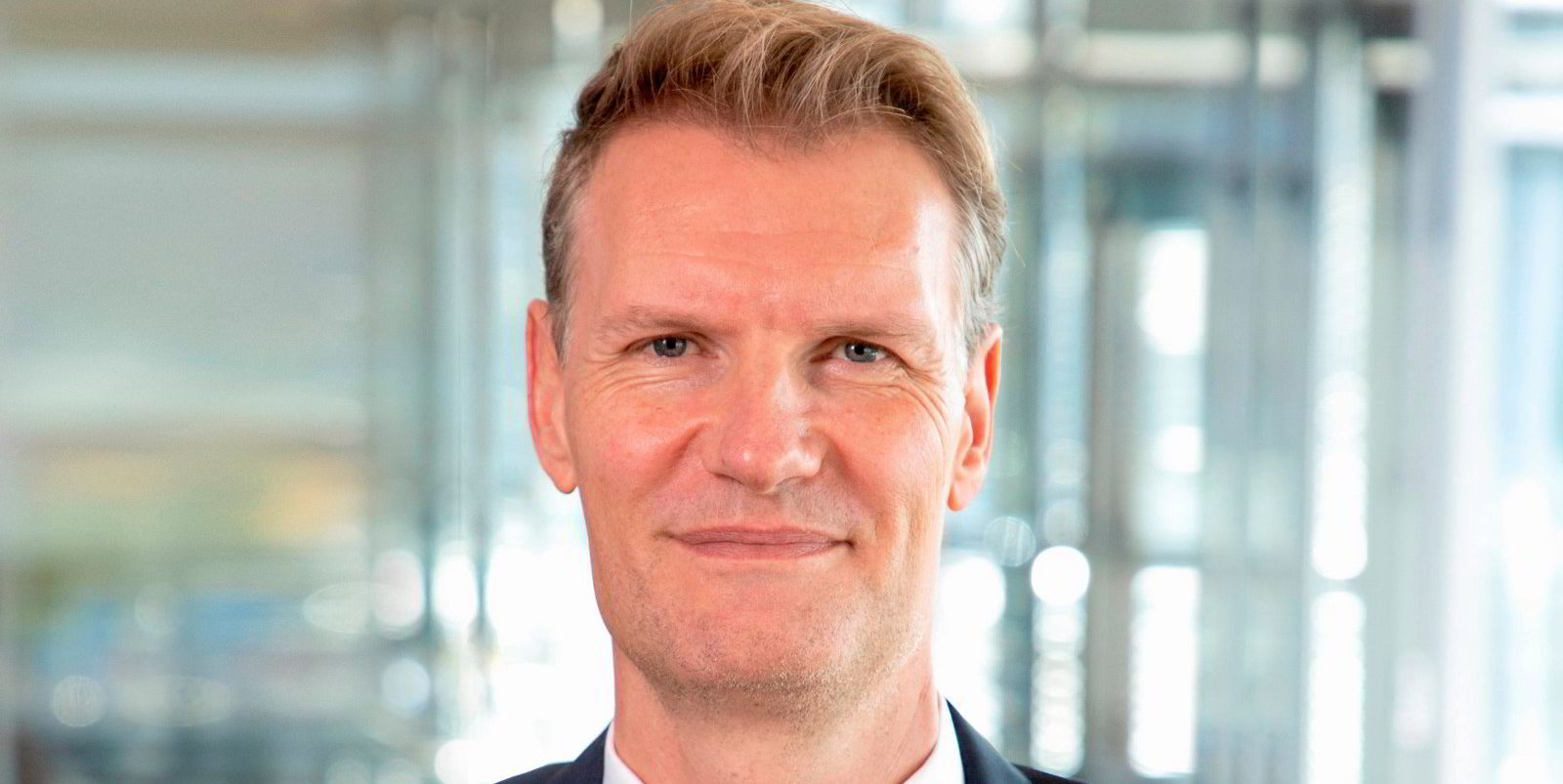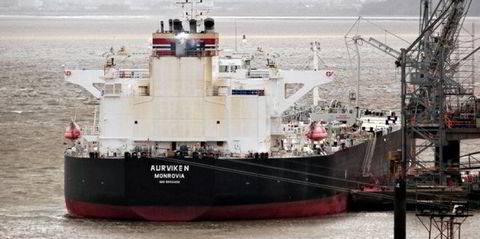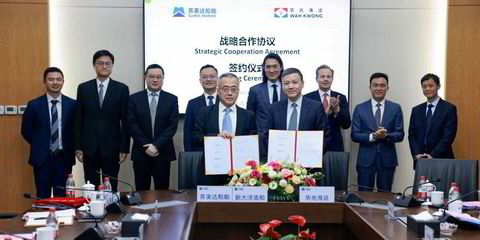Key players in Singapore's liner sector said that problems in the global supply chain could continue for the next six months as the Omicron variant of Covid-19 wreaks havoc on economies throughout the world.
Speaking at the Singapore Maritime Foundation New Year Conversations event held on Thursday, the top executives of Ocean Network Express (ONE), Pacific International Lines (PIL) and PSA International suggested that the ongoing woes could likely lead to a major overhaul in supply-chain structures.
ONE chief executive Jeremy Nixon attributed the severe disruptions in the liner and logistics sector over the past couple of years to a supply shock that began with the shutdown of factories in China.
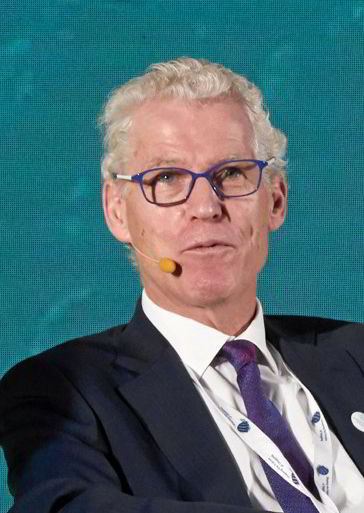
"This was followed by a catch-up by the shipping industry, followed by problems in land," Nixon explained, adding that he expected global supply-chain networks to continue to have a tough time over the next six months.
"Omicron hasn't peaked yet but it will have an impact by restricting movements and the ability of people to go to work," he explained, suggesting that it could again lead to disruptions in container terminals and land logistics networks.
Lars Kastrup, co-president and executive director of PIL, agreed.
"The initial impact was from North America and Europe but we are now seeing the same challenges in all areas of the world," he said. "I believe it will continue, but we can expect to see as the situation improves in North America and Europe it will also improve in other markets."
PSA International chief executive Tan Chong Meng said the supply/demand mismatch will continue because of a number of disruptive challenges.
"The problem is not the disruption as a whole, but disruption on parts of the chain, which disrupt the whole chain," Tan explained.
Building resilience
Tan, Nixon and Kastrup argued that the pandemic has highlighted the weakness in global supply-chain networks that need to be made more resilient.
They said that going forward the world will have to hold more inventory, as recent disruptions have shown just how vulnerable inventory supply is to any disruptions in the supply chain.
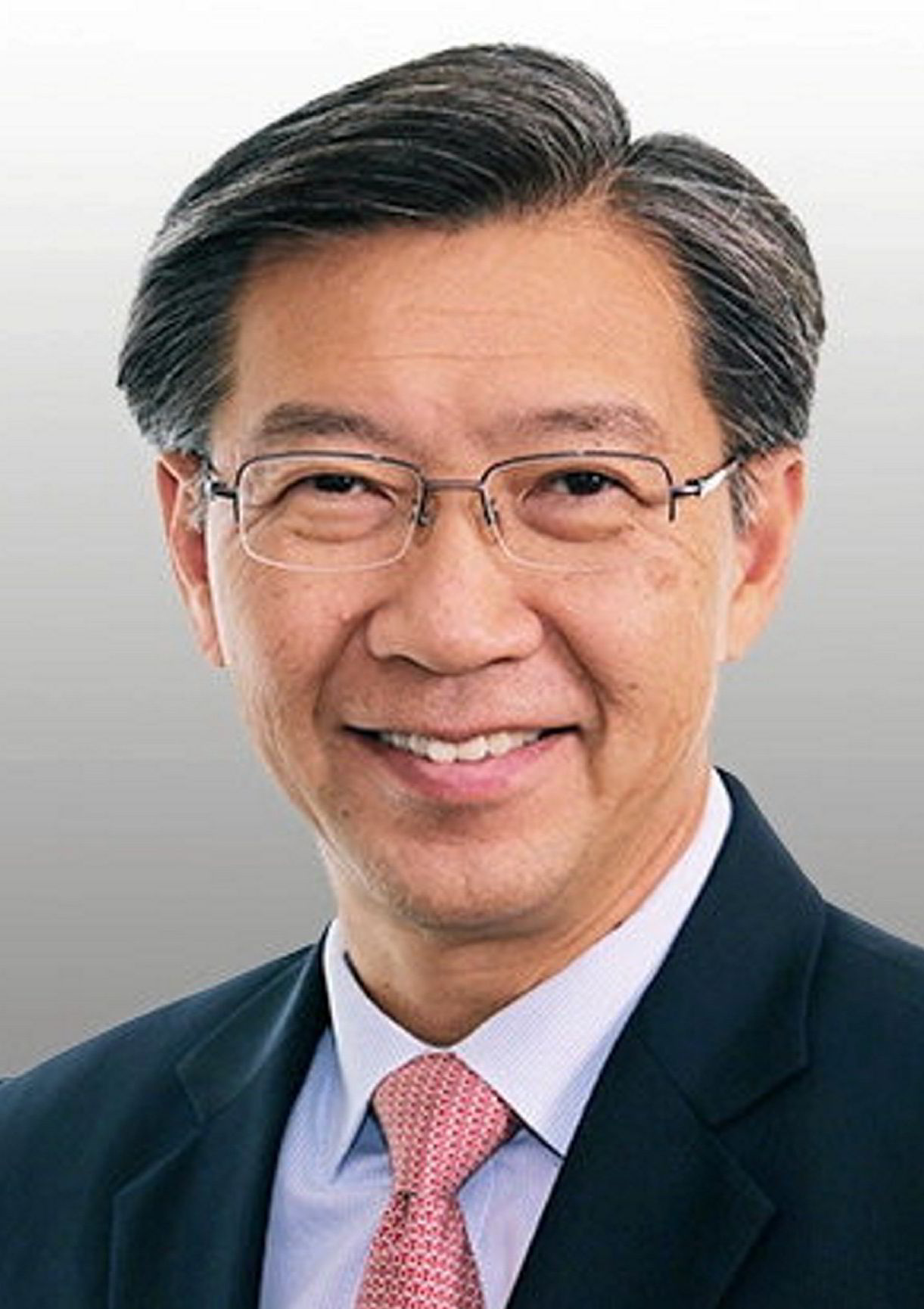
Tan cited examples of equipment manufacturers being forced to sit on partially completed products they cannot complete because they are waiting for a particular part.
To maintain tighter control on door-to-door deliveries, some liners are transforming from being pure shipping providers to full supply-chain companies.
Two big investments were made last December beginning with France's CMA CGM expanding its supply-chain reach with a $3bn deal to buy the Shipwire platform and forward logistics businesses from Ingram Micro.
Immediately thereafter, Mediterranean Shipping Co launched a €5.7bn ($6.4bn) bid to acquire the African transport and logistics activities of France’s Bollore Group.
Kastrup suggested this was not a new trend as it started back in the 1980s, although in general companies ran their liner and logistics divisions independently of each other.
"It is a natural thing to add services for your customers. You see what the need is, and you build it. The change we see now is big acquisitions. It adds a second or third leg to the very volatile liner business — a stabilising effect."
Nixon suggested the recent big acquisitions were being driven by companies with strong balance sheets, allowing them to start investing in the land side of the container business.
However, Nixon cautioned that it is not a trend that ONE intends to follow.
"ONE is a new company and until we are fully established, we will be leaving it to the big boys," he said.
Decarbonisation drive
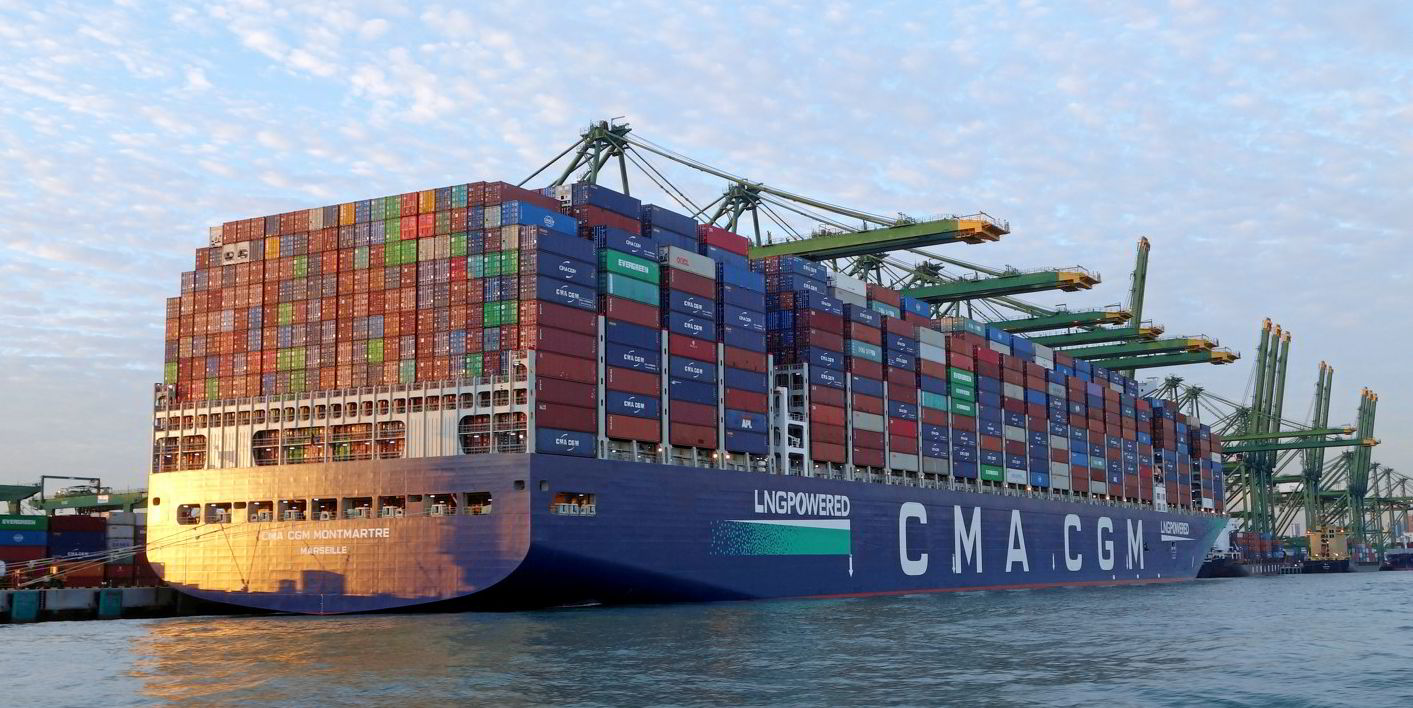
The three executives said the despite the challenges caused by the pandemic, decarbonisation remained their top focus area for 2022.
Nixon said that some shippers have indicated a willingness to pay more for green shipping options, but in order for the industry to get going on the investment front, the International Maritime Oragnization needs to build a framework and market-based means.
"I expect a number of companies to pay for it early on, and eventually it will spread to everyone else," he said.
Nixon said that for decarbonisation to move forward quickly, "2022 needs to be very busy at the IMO level".
